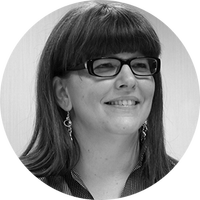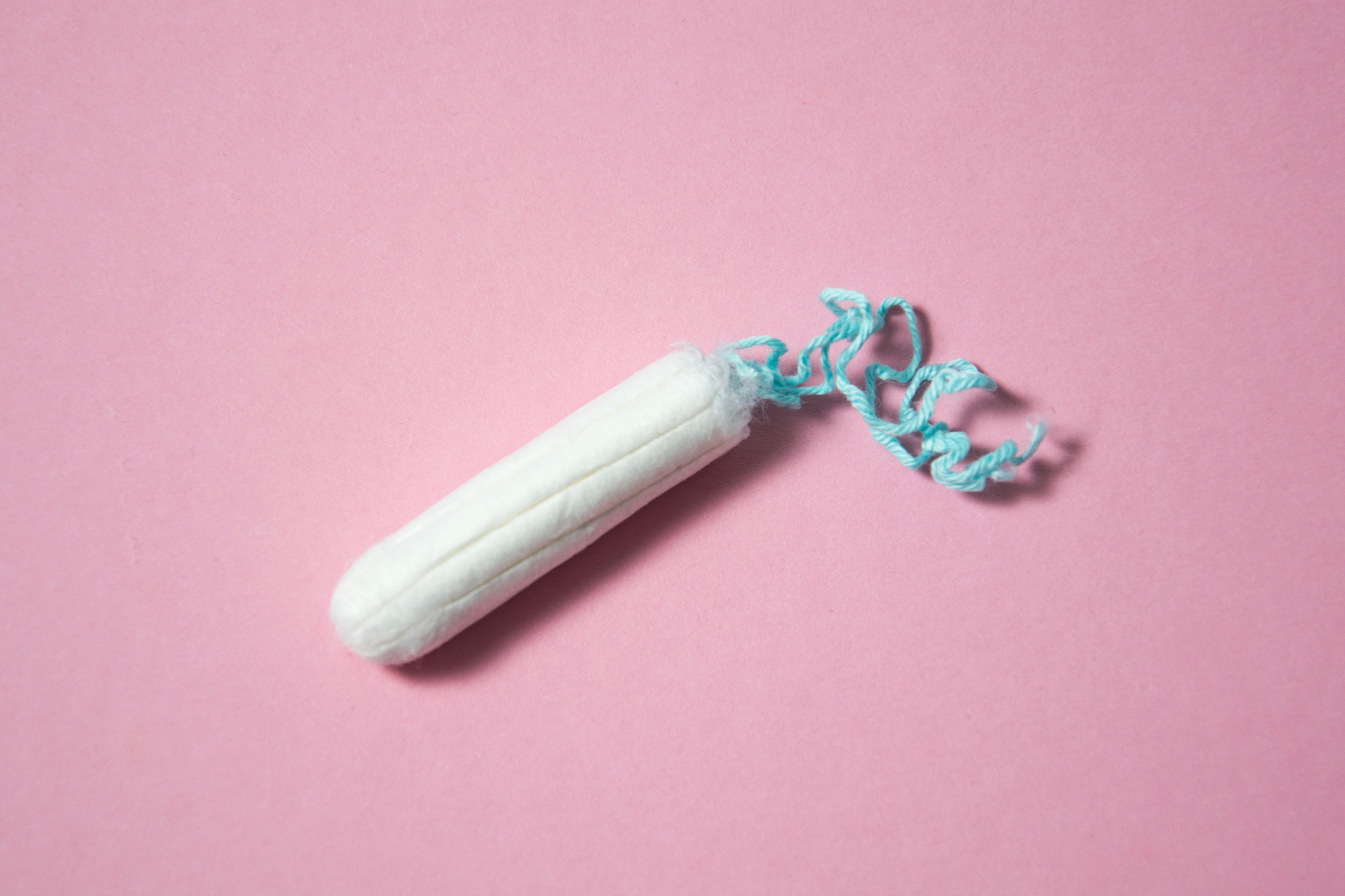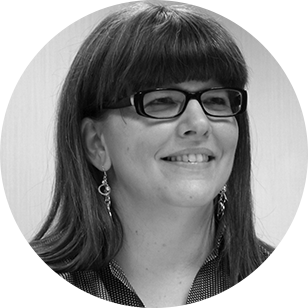Three cheers for New York City's new tampon laws!
You get tampons, you get tampons — everybody should get tampons!


A free daily email with the biggest news stories of the day – and the best features from TheWeek.com
You are now subscribed
Your newsletter sign-up was successful
Menstruation. No one wants to talk about it; half of humanity spends four and a half years of our lives experiencing it.
Really: Four and a half years. Give or take. Figure an average four days a month for about 35 years, and hey presto: You could get a college degree and have time left for a job search.
Many other topics broadly considered "women's issues" — pregnancy, pay disparity, sexual assault — are now discussed, if not by everyone and not always in helpful tones, at least regularly and openly. Fellas who might once have been repulsed by childbirth now speak knowledgeably about cervical dilation; many 21st century men actively advocate for pay equity and ending sexual violence. Menstruation on the other hand…?
The Week
Escape your echo chamber. Get the facts behind the news, plus analysis from multiple perspectives.

Sign up for The Week's Free Newsletters
From our morning news briefing to a weekly Good News Newsletter, get the best of The Week delivered directly to your inbox.
From our morning news briefing to a weekly Good News Newsletter, get the best of The Week delivered directly to your inbox.
Full disclosure: I get it. Spontaneous, uncontrolled bleeding from a body part most people associate with pleasure (or try not to think about at all) is daunting. It's also (in the spirt of continued honesty) unpleasant. I've known people who find menstruation beautiful, and I've heard of some who throw parties at the onset of their daughters' menses. I do not understand these people. As far as this believing Jew is concerned, menstruation is one of the most powerful indications we have that God is not, contrary to reports, perfect.
Be that as it may, menstruation is what we have. Every month, for as long as their reproductive organs are at least nominally fertile, the uteruses of girls and women (and many transgender boys and men) prepare for possible pregnancy, and when pregnancy doesn't happen, menstruation — the shedding of the uterine lining — does. Which means that every month, all those people (half of humanity) have to find a way to not make a big damn mess.
That's really all tampons and sanitary pads are about: Keeping stuff (our clothes, chairs, mattresses) clean. That and keeping ourselves healthy, because if we don't have anything clean with which to stem the flow, we can contract infections that can make us sick, destroy our fertility, or even kill us. It's not analogous to anything the average man experiences, so if you've never menstruated, you'll just have to trust me: Menstrual care is health care. Which is why tampons and pads should be free.
Yes, free, as in $0. Maybe not all the fancy kinds (and here I'll spare you details), but basic, straightforward pads and tampons? Should be available at every hospital, city hall, food bank, college campus — anywhere and everywhere people who struggle to makes ends meet can access them readily and without shame.
A free daily email with the biggest news stories of the day – and the best features from TheWeek.com
California Assemblywoman Cristina Garcia has calculated that period supplies cost the average American menstruater about $7 a month — which might not sound like much, but it comes to $84 a year. That's the equivalent of half a week of groceries; where I live, in Illinois, it's about one month's electric bill. If you also live in Illinois and work full-time at a minimum-wage job, you're making a little more than $17,000 a year — so what'll it be: food, lights, or tampons?
If you doubt this is a health issue, consider that the American Medical Association agrees with me: "Feminine hygiene products are essential for women's health, and taxes on them are a regressive penalty," said AMA President-Elect David Barbe in a recent statement. "We applaud the [five] states that have already eliminated sales taxes on these products, and we urge every state to follow suit."
Barbe is right, and removing the tampon tax is a good first step — but for the truly poor, it won't make much of a difference. On Tuesday, New York City went a step farther and did what every city and state really needs to do, passing a series of laws to provide free period supplies in correctional facilities, shelters, and schools.
Which — because life is always more complicated than we think it is — raises another point: Access to menstrual products is also an education issue. Around the world, girls regularly miss school (or are removed entirely) when menstruation starts — but when I say "around the world," I do mean the whole world: If you're an American teenager who can't afford pads, I guarantee you're missing a lot of school.
More full disclosure: I've been menstruating a good long time. Being middle class, though, the question of period supply expense never really crossed my mind — until a lot of people suddenly began to talk about it, including both the president and first lady. When a problem is not your problem, it can be very easy to not see the problem at all.
So I'm here to tell you: The question of menstrual product access is a real problem. It's a financial problem, a health problem, and an education problem. And even when it's not a problem, menstruation is part of the reality of 50 percent of the humans among whom you live. It's not shameful. It's entirely normal.
Kudos to New York City for recognizing it and acting accordingly.
Emily L. Hauser is a long-time commentary writer. Her work has appeared in a variety of outlets, including The Daily Beast, Haaretz, The Forward, Chicago Tribune, and The Dallas Morning News, where she has looked at a wide range of topics, from helmet laws to forgetfulness to the Israeli-Palestinian conflict.
